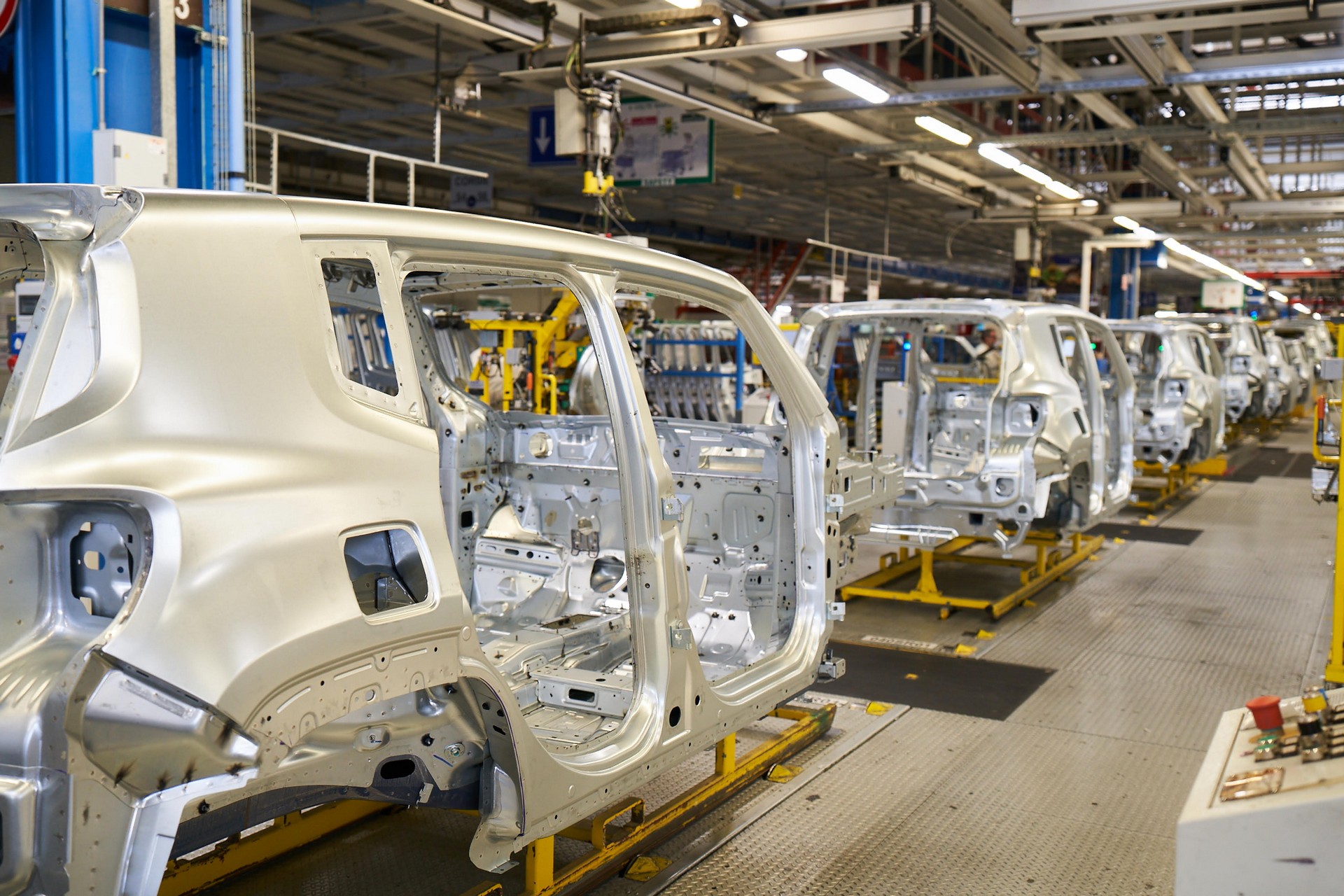The global issues surrounding semiconductor chip supplies continue to rage on, and Stellantis’ Italian factories will be particularly affected. In 2022, the automaker may produce 220,000 fewer vehicles there than it otherwise would have.
“It’s as if one of the group’s large plants stopped for a year,” Ferdinando Uliano, the head of the FIM CISL union, which represents Stellantis’ Italian workers, told Reuters.
The union said in its periodic report on the automaker’s production in the country that Stellantis made nearly 352,000 vehicles there in the first half of 2022. That’s almost 14 percent less than it did in the first half of 2021. That makes this the fifth year in a row of falling production figures in the country.
Read Also: Stellantis Invests $24.7 Million In Michigan Plant For An Upgraded Pentastar V6
Using this data, the union arrived at its conclusion that Stellantis would make between 200,000 and 220,000 fewer vehicles this year than it would have if the supply of microchips were stable. The automaker’s Melfi plant and its Sevel van-making facility will be the most heavily affected.
Uliano is not optimistic about the future, either. With the semiconductor chip shortage failing to improve, he said that production would be affected next year, too. Blaming factors like Russia’s invasion of Ukraine, consequent disruptions in gas supplies to Europe, and others, he expects the situation to worsen for the automotive industry.
Stellantis, meanwhile, told Reuters that it has been taking decisions about the management of its operations on a day-by-day, plant-by-plant basis. It has been doing so since the start of the COVID-19 pandemic, it said.
The semiconductor chip supply shortage started following disruptions to automotive production caused by the pandemic. Since at least 2021, automakers have been struggling to find enough chips to run their highly advanced new vehicles, forcing production restrictions. In 2021 alone, the shortage was estimated to have cost the industry as much as $210 billion.





